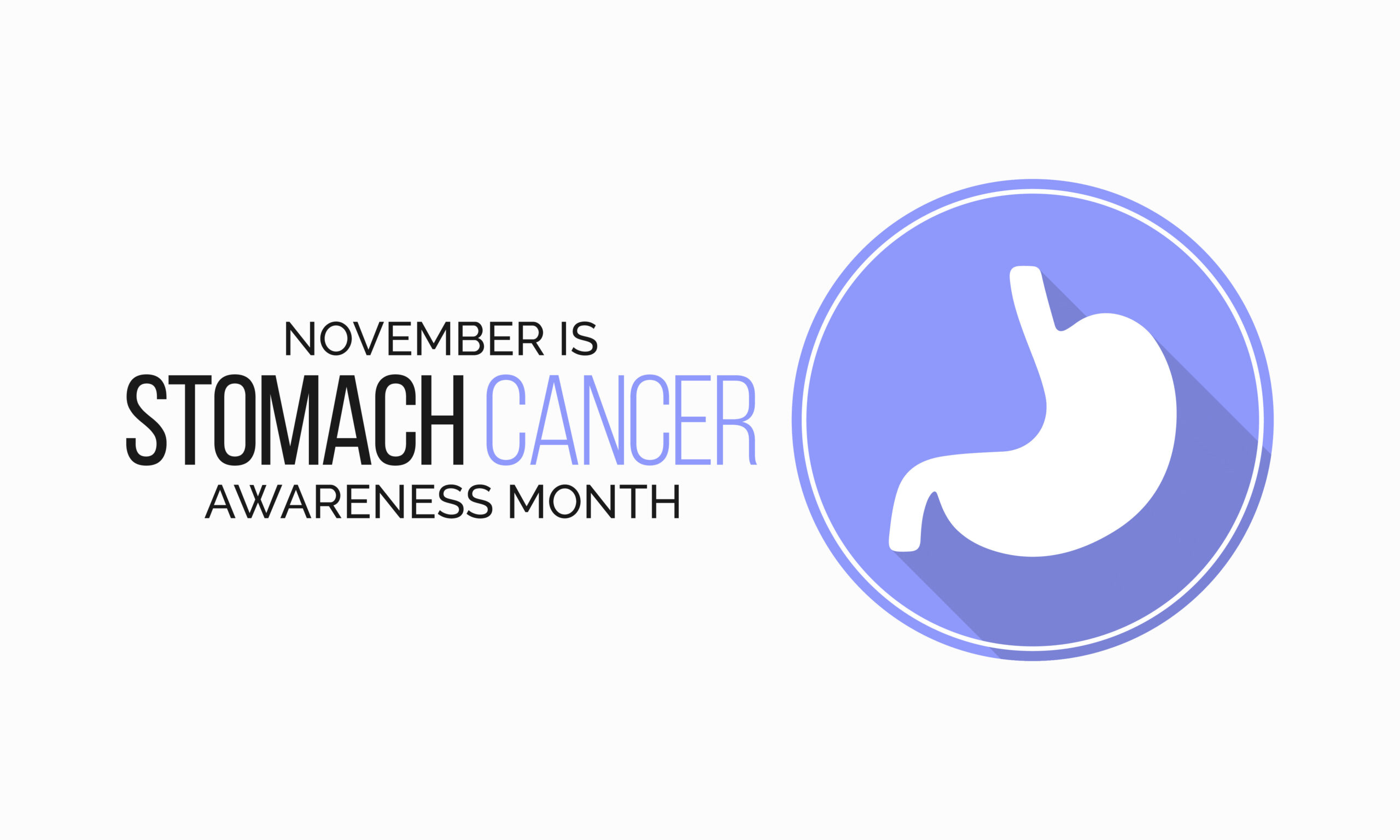I am Dr. Monique May, Board-certified Family Physician and Founder of Physician in the Kitchen™. Through my best-selling book, MealMasters: Your Simple Guide to Modern Day Meal Planning, and NEW cookbook, Doc Fix My Plate! The Physician In The Kitchen’s Prescriptions For Your Healthy Meal Makeover, and online cooking classes, I help busy households enjoy healthy eating without impacting their hectic schedules.
This is Part 3 of my 3-part series featuring three health highlights for the month of November. November is:
- American Diabetes Month
- National Stomach Cancer Awareness Month
- Pancreatic Cancer Awareness Month
In Part 1 I discussed the risk factors, symptoms, and prevention of diabetes. and in Part 2 I discussed stomach cancer.
It is projected that 57,000 Americans will be diagnosed with pancreatic cancer in 2020. Pancreatic cancer accounts for about 3% of all cancers, and 7% of all cancer deaths.
Risk factors for pancreatic cancer are:
- Male gender
- Being African-American
- Older age (over age 45 at higher risk)
- Family history of pancreatic cancer
- Family history of genetic mutations or damage, such as BRCA2 which increases breast cancer risk
- Smoking
- Sedentary lifestyle
- Obesity
- Excessive alcohol use
- Eating a diet high in processed meats such as bacon or sausage
- Chronic inflammation of the pancreas (pancreatitis)
- Diabetes
Symptoms of pancreatic cancer are:
- Pain in your upper belly that may also be felt in your mid-back
- Nausea or vomiting
- Weight loss
- Swelling of your liver or gallbladder
- Jaundice
- Blood clots in your legs
- Diabetes
Prevention tips:
- Stop smoking
- Lose weight
- If you are overweight or obese and you are not exercising, then start. Go to the doctor, get checked out, and make sure that the type of activity you want to engage in is safe for you to do. Just start somewhere, and get moving. Try to get some form of physical activity most days out of the week.
- Eat more fruits, vegetables, and whole grains
- Avoid excessive alcohol intake
Your body is the finest piece of engineering there is, so give it the best fuel in order for it to reach its peak performance. Think about your car: if you constantly put lower octane fuel in the gas tank than is recommended (for example, 87 instead of 93), it can cause some serious internal damage, just like your body. Your car will be sluggish, under-perform, and be more likely to breakdown or malfunction, just like your body! I encourage you to treat your body at least as well, if not better than your car, and fill your tank with the best options available to you. Remember, #healthiswealth, so #investoneplateatatime.
See You In The Kitchen!!

For more information, be sure to visit me at DrMoniqueMay.com, and join the #MealMastersCommunity at www.Facebook.com/groups/mealmasters today.
Follow me on Instagram at https://www.instagram.com/drmoniquemay and https://www.instagram.com/physicianinthekitchen/ and Facebook at https://www.facebook.com/DrMoniqueMay and https://www.facebook.com/physicianinthekitchen.


